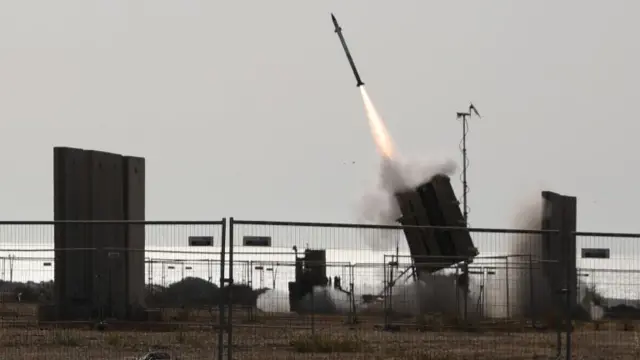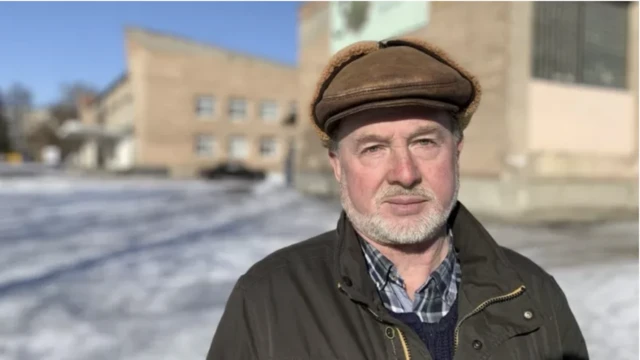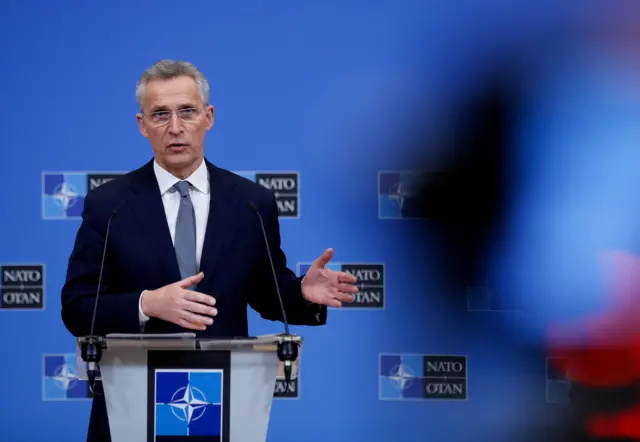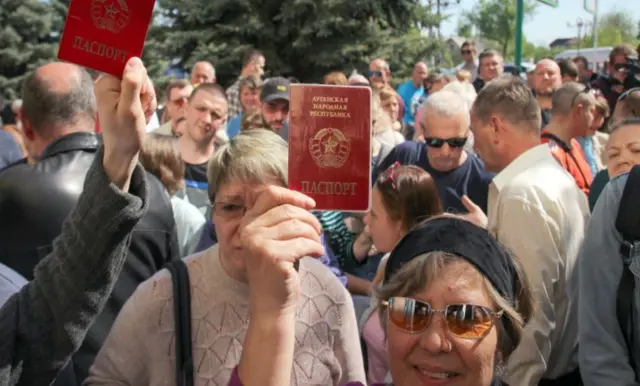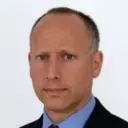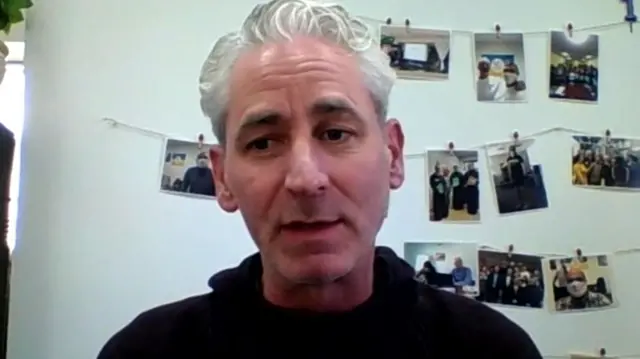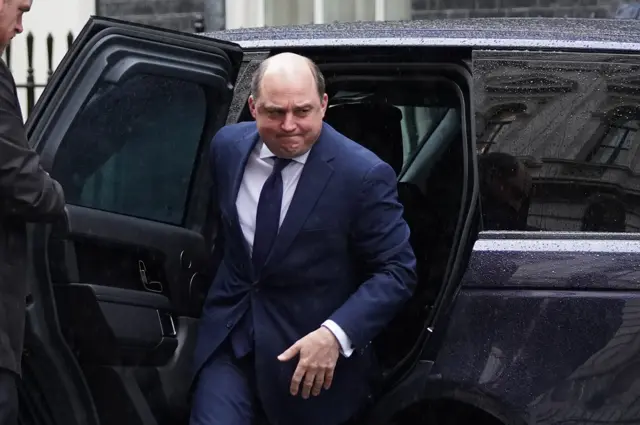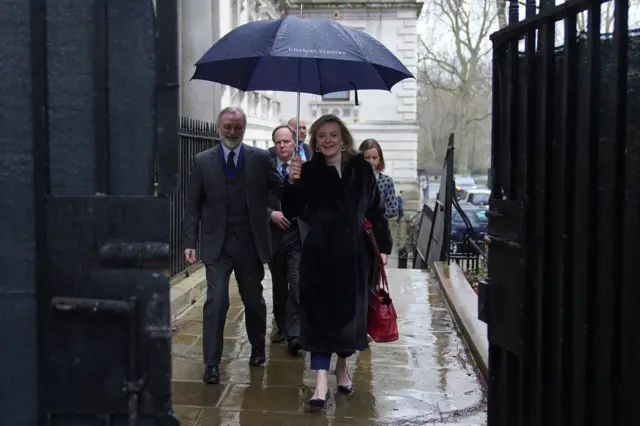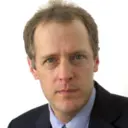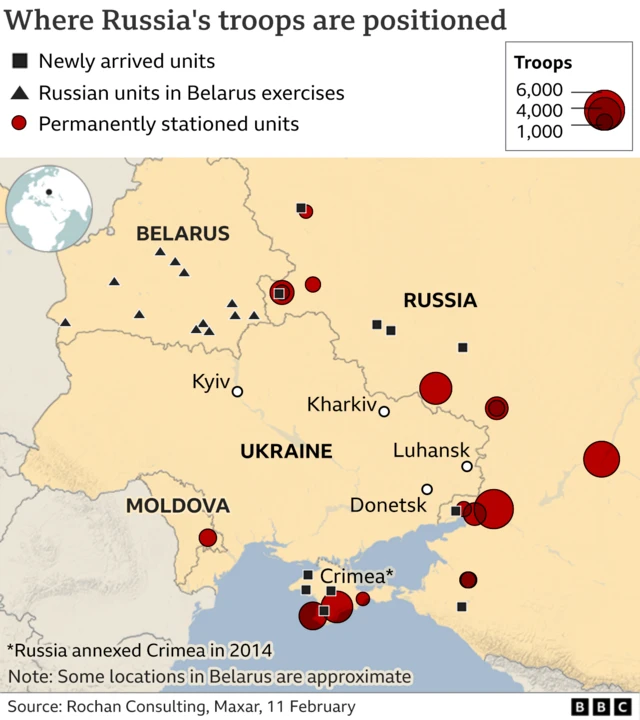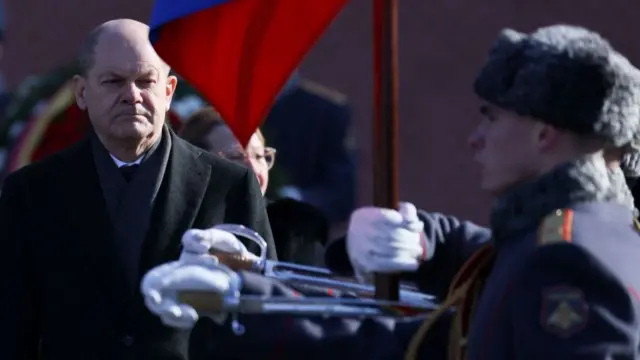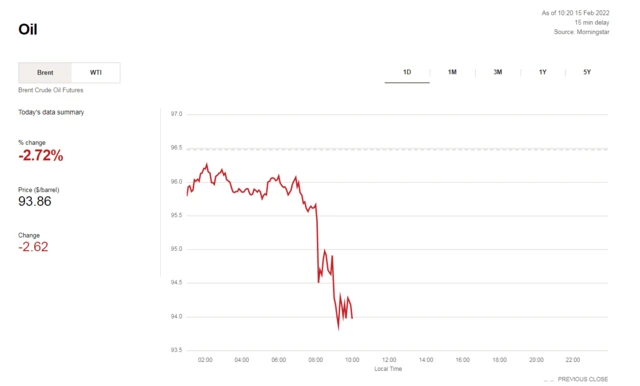Nord Stream 2 pipeline 'purely commercial project', says Putinpublished at 14:16 GMT 15 February 2022
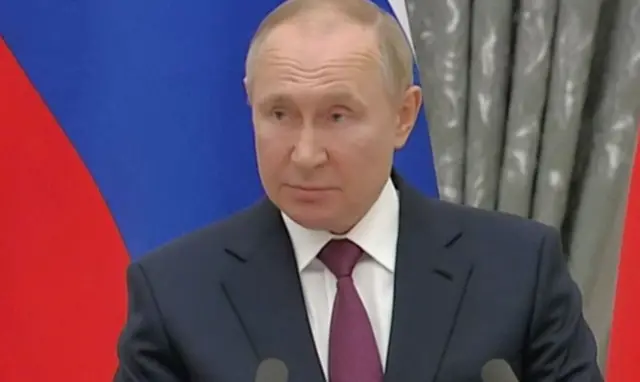
President Putin highlights the energy sector as a key area of cooperation with Germany, citing the Nord Stream 2 pipeline between the two countries, which is ready but not yet operating.
He says this is a "purely commercial project" with no politics involved - and that Russia is happy to continue supplying gas through Ukraine if there is demand for this, adding that it makes economic sense.
